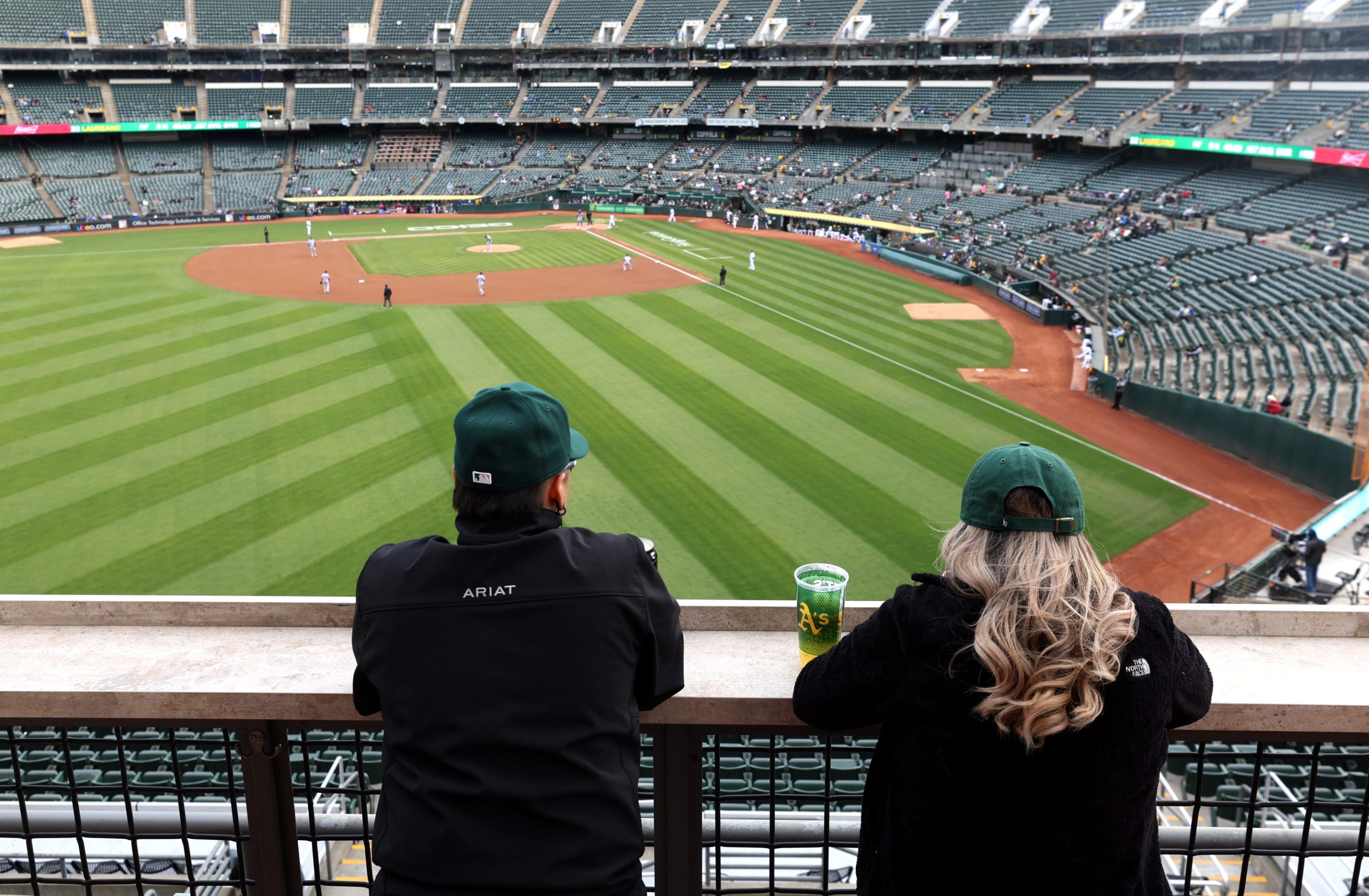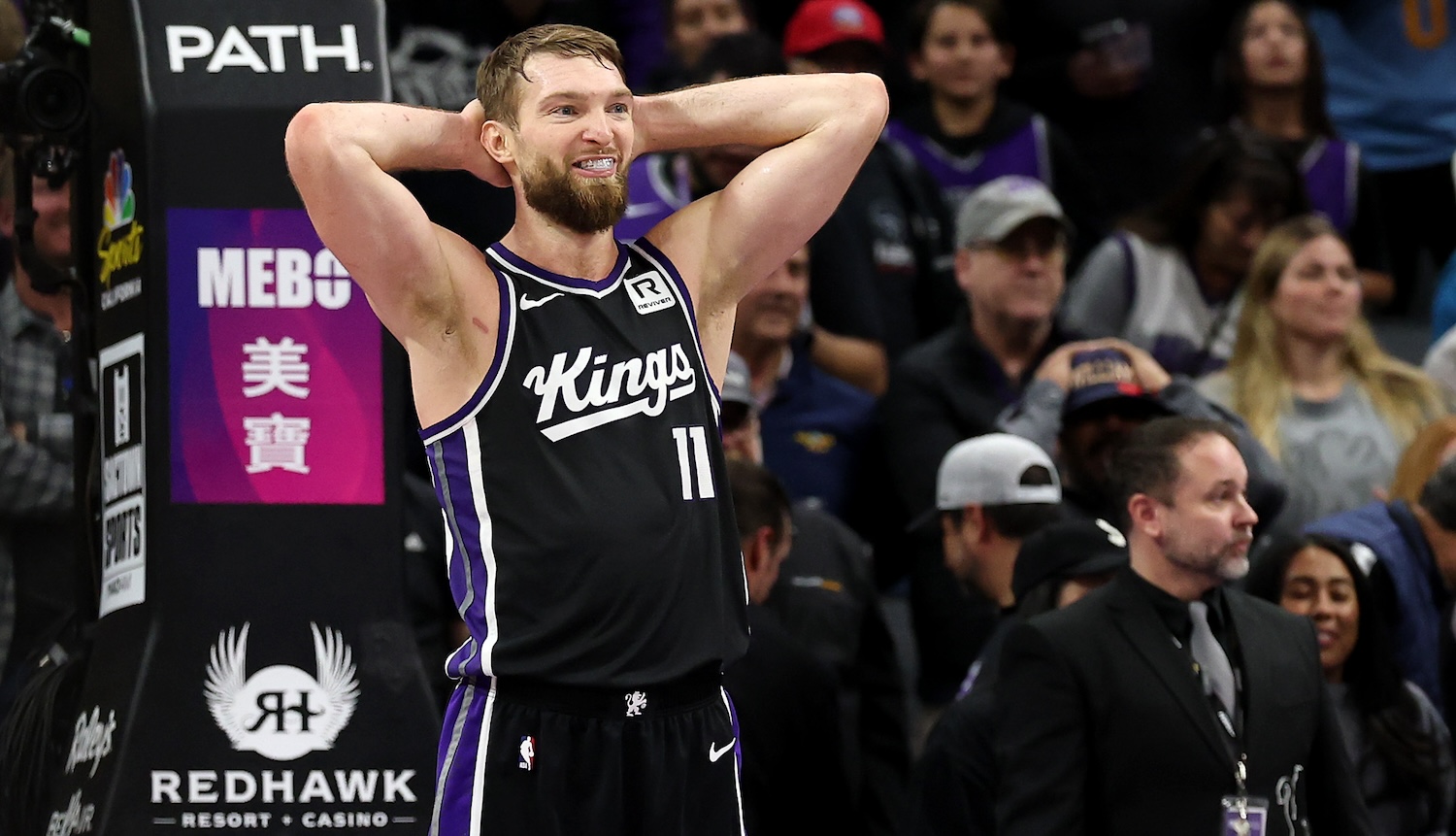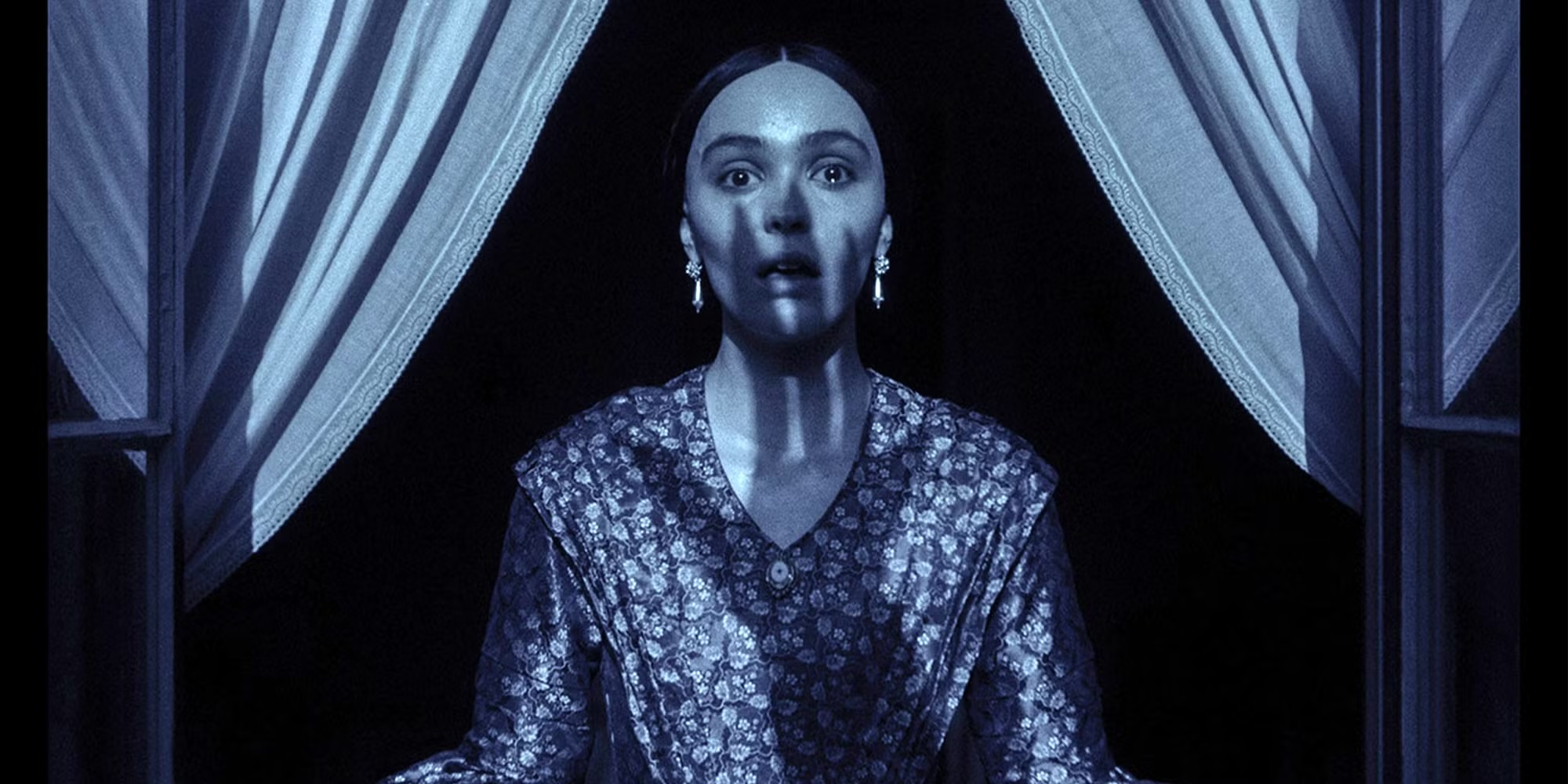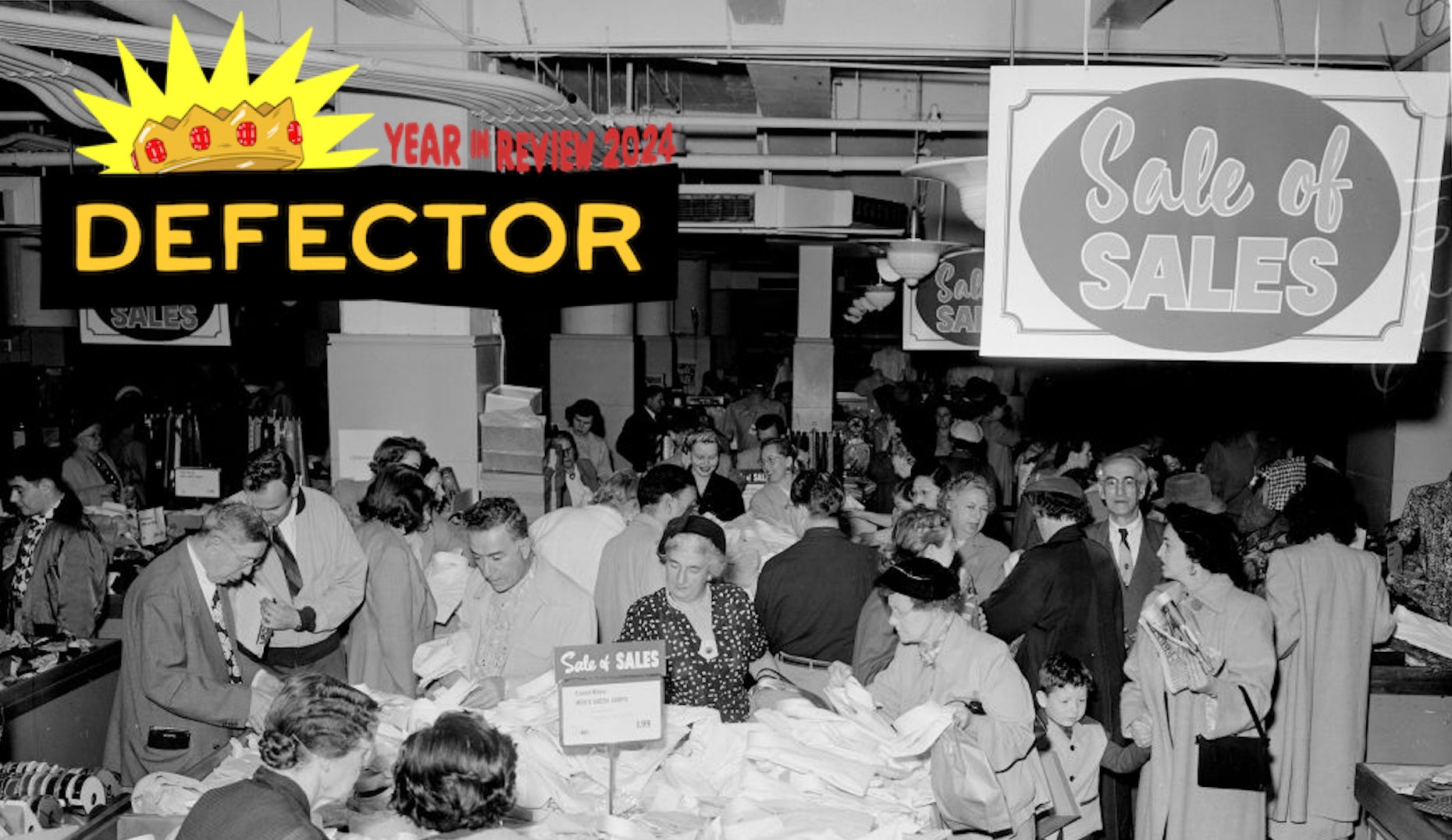I have defended the sport of baseball against haters for my whole life. Even just a few nights ago, I was at a bar where the Phillies game was on. "Baseball games are too long," my friend said. This is very true for the Phillies, and I agreed with her. The Phillies, as my colleague Kathryn Xu pointed out, have some of the longest games in Major League Baseball. Kathryn said the average Phillies game is now 3 hours and 18 minutes. "And nothing happens," my friend said.
For years, I have fought this claim. If you know what you're looking at, I've argued 5 million times over the course of my life, baseball is a fascinating sport! Lots of things are happening every single play! But lately, it's been harder and harder to argue that, because it just doesn't seem to be true.
This is a thing you can feel watching a game, but it is not just that. I keep score in a book. I happily watch hours and hours of games that my preferred team will lose. I don't care. I like the snap of the mitt, the crack of the bat. I like to watch the stance of the hitters, the motion of the pitchers. I like the romance, the drama, the terror of a ball breaking a little too fast. But this year, I've looked down at my score card to see a whole lot of nothing.
I still watch the games, and it still relaxes me to watch baseball. But lately, it's been too relaxing. It feels like the only thing that is ever happening are ground balls to the second baseman, or ground balls to the shortstop who is now standing to the right of second base, or ground balls to the third baseman who is standing (annoyingly) in the second baseman's spot due to a shift. The ball leaves the bat, takes its dorky little route to whatever glove is its destination, is picked up easily and thrown to first. It's like watching infield practice. Or maybe the ball goes to the outfield, into what should be the gap, but the fielder is strategically positioned to already be there.
Feelings, I know from experience, are often wrong; feeling like nothing good is happening, that it's just the same rote failure every day, is one of those feelings that might have something to do with non-baseball factors. But this is not just a feeling. Earlier this year, I felt like there were too many foul ball outs. More than ever, maybe. I emailed Frank Labombarda, the head of research for the Elias Sports Bureau, who kindly corrected me. There were not measurably more foul ball outs this year than in any of the last five years. Maybe, he suggested, what I was reading as an influx of foul ball outs, was actually the decline of batting average for balls in play.
Batting Average for Balls in Play (BABIP) is, in my opinion, a very silly statistic. What it does is it calculates the batting average for all balls that are not strikeouts or over-the-fence home runs. The current BABIP, league-wide, is .287. Incredibly, this sad stat is higher than it was two months ago, when it was .281. Both are a decline from previous years; in 2021 and 2020 seasons the BABIP was .292. No MLB season has concluded with a BABIP under .290 since 1992.
Anyone who watches baseball knows that strikeouts, which again do not figure in BABIP, are more prevalent than ever. MLB's strikeout rate has climbed from 16.4 percent of at bats in 2005 to 24 percent last year. Batting averages in general are dropping, and there are tons of statistics that show that offense in MLB is dying, but really this isn't very hard to understand: More outs by strikeout, and fewer hits on balls in play, adds up to less offense. Across the league, the batting average is .244. The deadening of this year's baseball is even reducing the number of homers, which means more long fly balls are becoming easy outs.
But BABIP has been remarkably consistent throughout all of the changes in MLB over the last few decades. Since 1993, the BABIP has remained between .292 and .302. In only five of those years was the BABIP under .295. Two of those five years were 2021 and 2020.
What BABIP really measures, in my opinion, is hope. Sure, there is a thrill in seeing a ball leave the bat at 108 mph and scream its way over the center field wall for a home run, but there's no question that the ball is leaving. Hits are different. Hits are contingent, and they require hope. The ball leaves the bat, and there is a moment where you get to believe that your player might make it to first or second or even third. The satisfaction when he does is sweet. But that hope is rewarded less and less in today's game. Most of the time, when the ball goes rocketing past the pitcher's mound, and bouncing over second base, I don't expect it to be a hit in the way that I used to. Most of the time, it's not. Maybe it's the shifts in the infield, maybe it's the dominance of pitching, but often now when I see a hard-hit ball, I don't feel that rare, exciting hope in my gut anymore that made the game exciting.
In the past few years, even as a fan, I have found the games boring at times. There is so little thrill to a strikeout, so little satisfaction in a solo home run. The lower the BABIP, the harder it is to get invested in the game, the easier it is to feel like nothing is happening at all. There is something oddly heartening in learning that this isn't just me, and that the numbers do in fact bear this out. But that doesn't make it any more fun to watch.





